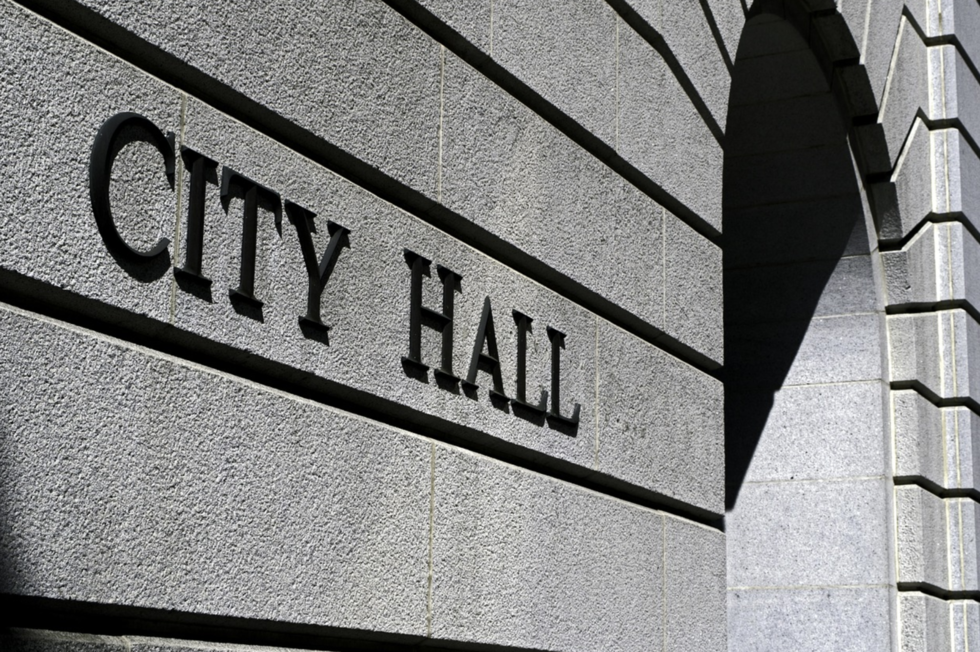Written by Taylor Ulrich, Esq.
There is a lot of action making its way through the Los Angeles City Council and the Department of Cannabis Regulations (“DCR”). We’ve prepared a preview of some of the most pertinent and interesting:
EMMDs Now Precluded from Relocating
As of November 30th, Existing Medical Marijuana Dispensaries (“EMMDs”) are precluded from relocating from their current location unless and until they receive their local annual licenses from the City.
Since the start of the City’s regulatory program, DCR has allowed EMMDs to move to new addresses within the City so long as they met the City’s location restrictions for cannabis businesses. Now, per the newly amended ordinance, an EMMD must have submitted a relocation request to DCR by November 30th in order to move to a new location. For location change requests submitted between October 19th and November 30th, DCR must reach out to the Councilmember in the district that the EMMD wants to move to and consider that Councilmember’s recommendation (or non-recommendation) prior to approving the EMMD’s location change. The City has stated that the reason for prohibiting any more relocations of EMMDs is to make sure that Phase 3 Social Equity applicants get a fair shot at obtaining an eligible location.
In Lieu Fee and Deferrals
City Council instructed the City Administrative Officer (CAO) (with the assistance of the DCR) to prepare a strategy for developing an in lieu fee for the Social Equity Program. The fee is to be based on the market value price per square foot that a Tier 3 Social Equity applicant would pay for their location. City Council also requested a report on the feasibility of creating a program in which Social Equity applicants would receive deferrals on application and licensing fees.
Currently, Tier 1 Social Equity applicants who applied for a Non-Retailer Commercial Cannabis Permit in Phase 2 may register for the Social Equity Program’s Tier 1 Fee Deferral Program.
To qualify as a Tier 1 Social Equity Applicant (and thus be eligible for the Fee Deferral Program), an individual owner of the business must either have 1. low income and a prior California Cannabis Conviction (an arrest or conviction); or 2. low income and a minimum of five (5) years cumulative residency in a Disproportionately Impacted Area. This individual must also own 51 percent or more equity share of the business that is applying for the cannabis permit.
If a Phase 2 applicant registers for the 1 Fee Deferral Program, its application will permanently be deemed a Tier 1 Social Equity Program application. This means that the business must meet the above Tier 1 eligibility requirements in order to be is eligible for an annual license as a part of Phase 2 Priority Processing.
Illegal Cannabis Operations Enforcement Actions
Several motions are also in play to address illegal cannabis operations. Amongst those efforts to curb illegal businesses, the City Council approved a motion to draft regulations that would hold property and business owners responsible for illegal cannabis operations and “not the people who work for them.” The proposed regulation would also escalate fines for repeat offenders.
A second motion calls for the Department of Building and Safety (DBS) to “secure” properties that fail to comply with administrative nuisance abatement decisions made by the Planning Commission. DBS has proposed actions such as barricading, padlocking and fencing illegal properties before taking measures to have them vacated. DBS has also proposed that the City establish a similar procedure for securing and closing illegal businesses that have been ordered to shut down.
A third motion directs City staff to establish a process for shutting off the power of illegal businesses. Over the last several months, DCR has been working closely with the LA Department of Water and Power, LA Police Department and the City Attorney to develop a detailed process for power shut-offs. The DCR will be working with the Chief Legislative Analyst to present these recommendations to City Council soon.
Application Processing – Undue Concentration
The City Council clarified that the DCR shall not process an application for local licensure if the proposed business premises is located in a geographical area of “undue concentration.” If an applicant is in an area of undue concentration, the City Council must find that the applicant would serve public convenience or necessity in order for the application to be processed any further.
Local Authorization
City officials reached an agreement with State regulators that allows LA cannabis businesses to apply for State temp licenses without acquiring a local business permit first. Under the agreement, the approx. 594 businesses that submitted applications during Phase 2 will be allowed to apply for a state temp using a letter of local Authorization prepared by the city of LA. This letter gives applicants the permission they need to apply for a state temp license before the state stops giving temp licenses in 2019.
State Temporary and Provisional Licenses Eligibility
PHASE 1: DCR expects to begin accepting annual license applications for Phase 1 EMMD applicants in January 2019. Further information may be found here.
PHASE 2: DCR expects to begin accepting annual license applications for Phase 2 non-retailer applicants in Spring 2019. The application process for Phase 2 applicants will be very similar to the licensing process for Phase 1 applicants, with the addition of the Social Equity Program and its specific program requirements. Further information, including more on preliminary Phase 2 eligibility determinations and eligibility inspections, may be found here.
PHASE 3: In addition to processing Phase 1 and Phase 2 applications, DCR will be working throughout the remainder of 2018 and early 2019 to prepare for the start of Phase 3 of licensing. Expect Phase 3 applications to come sometime in late 2019 or early 2020. More information may be found here.
Disclaimer: This article has been prepared and published for informational purposes only and is not offered, nor should be construed, as legal advice.

